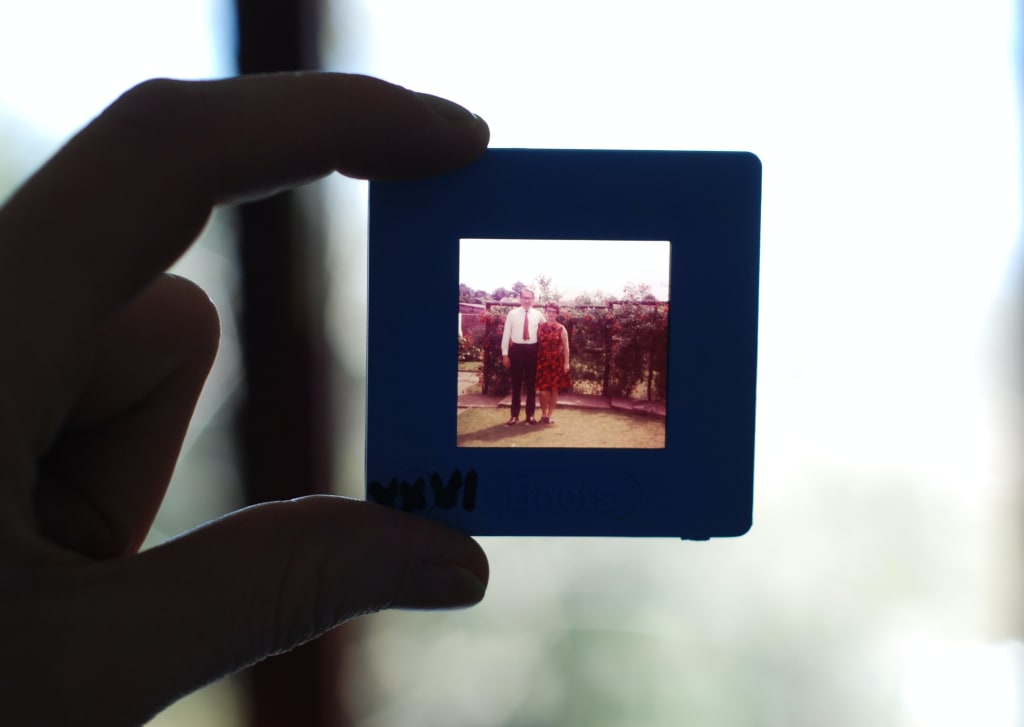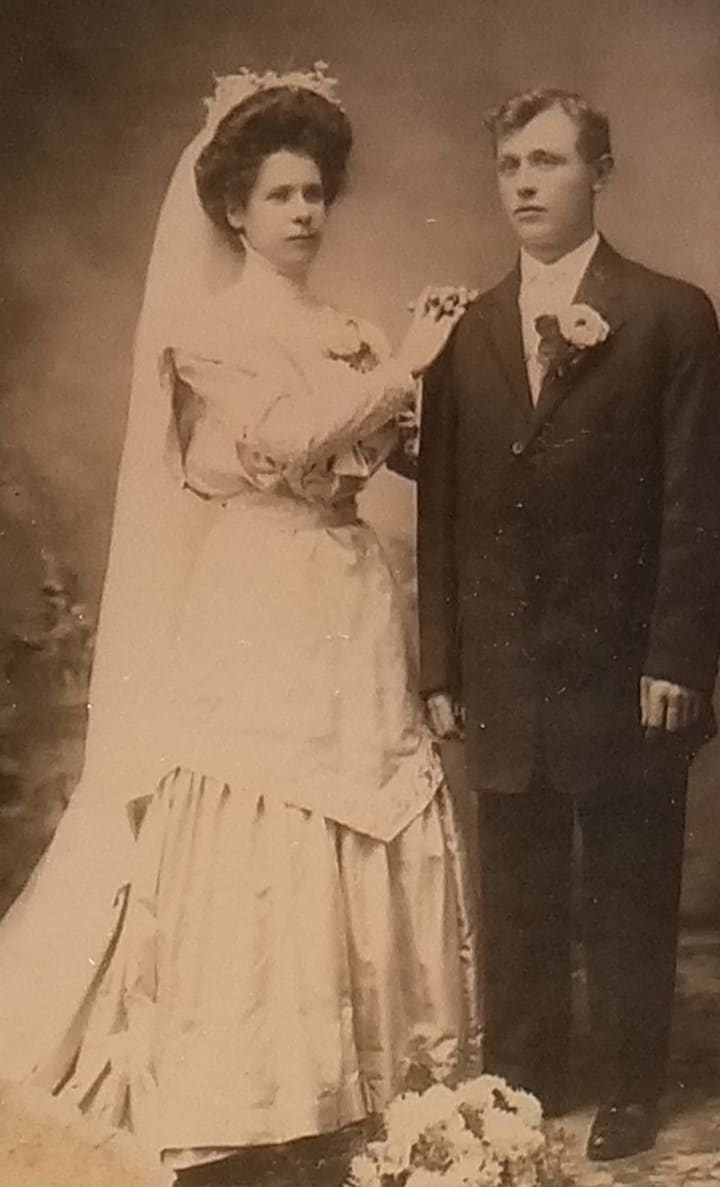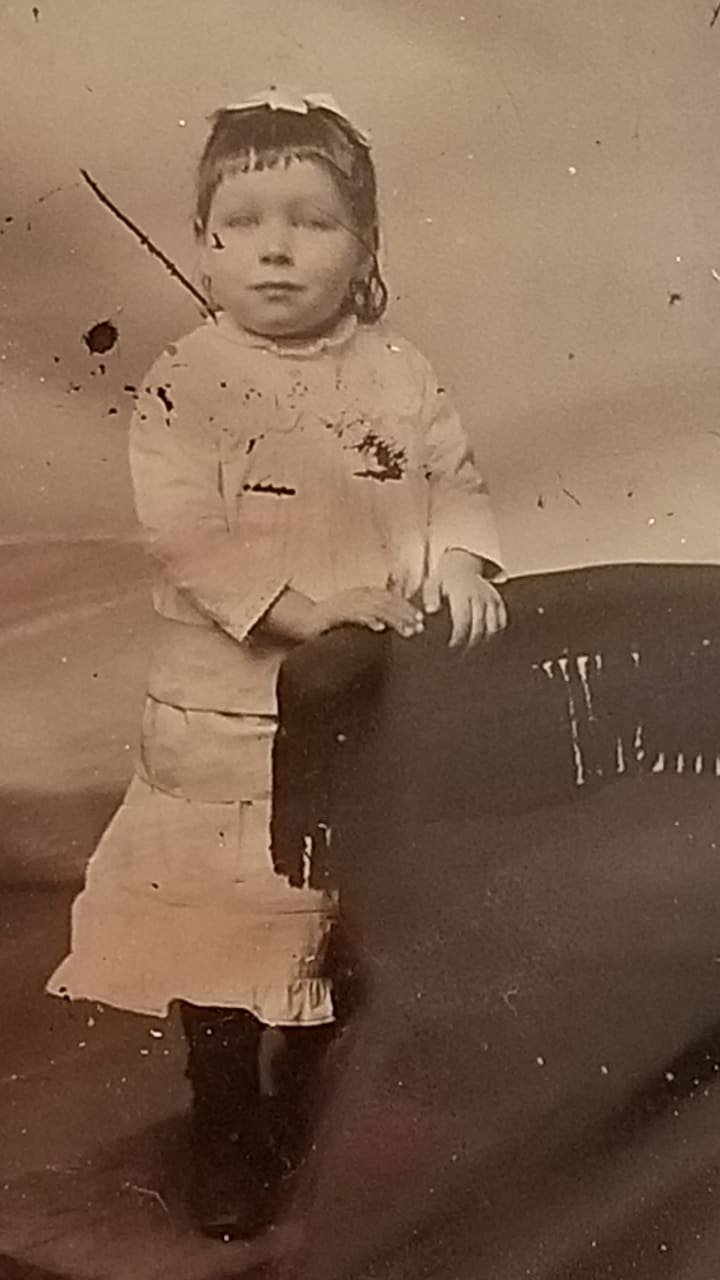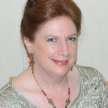How to Take Your Family History Search to the Next Level
Photographs and documents can only do so much

I never met my great-grandparents. I don’t even have pictures of all of them. I can visit their graves, get copies of their marriage and death certificates, read about their hometowns, but that doesn’t really tell me who they were as people. I don’t know what people liked about them, or even if they were liked at all.
I’ve been researching my family history for about 30 years now, and I’d pretty much given up on knowing much more about my ancestors, until recently. I’ve spent countless hours, and dare I say dollars, on researching via Ancestry.
When I first started, much of the information that Ancestry provides for a fairly hefty fee was being shared online for nothing. Every so often, they come up with some new material I haven’t had access to before, so I still check in from time to time. The DNA aspect is particularly intriguing.
Interestingly, the biggest breakthroughs I’ve had in recent years have been via old-school methods. Finding someone to talk to who knows something you don’t can unlock doors that record searching never can. One of my Polish relatives, I didn’t know I had, contacted me and cleared up a mystery that had puzzled me all my life: why didn’t my grandfather tell anybody about his family?
My father and his siblings didn’t know their father’s parents' names or if he had any siblings. He didn’t regale them with stories about the old country. When my Aunt Sadie was asked to make a family tree for a school project, he wouldn’t tell her anything.
I had always wondered if he’d had a falling out with them, or if everyone had died in an epidemic or something. Imagine my surprise to learn from my cousin Tomasz that none of that was true.

Things were pretty bleak when my grandfather left for America in 1905. A bad recession made finding work difficult. Poland did not exist as a country, and ethnic Poles were second-class citizens, denied an education. Revolution was in the air, and young men were being conscripted into the Russian army. It made sense for someone with a trade (tailoring) like my grandfather to cut his losses and head for the Land of Opportunity.
I didn’t know that my grandfather stayed in touch with his family in Poland for years. He sent them letters with money and photographs of his children.
My grandfather had brothers and sisters, as well as half brothers and sisters. My great grandfather had been married twice. The reason my grandfather didn’t speak of his family back in Poland was that he didn’t want his children to try to contact them. It wasn’t safe. Anyone in communication with Americans during the Soviet era ran the risk of ending up in a labor camp or worse. His silence was in an effort to protect them.
My Polish cousin said that one of my grandfather’s sisters kept his letters secreted under the floor until paranoia finally prompted her to destroy them. Still, I was happy to know that my grandfather didn’t forget his family and did what he could to help them.
I also recently found out more about one of my Irish great-grandfathers. My grandmother, who helped raise me, always spoke of him with great affection. I knew he’d been a builder and worked on some important buildings in the Northeast. He was from County Sligo, but he met and married my great grandmother in Ballaghaderreen, a town on Mayo and Roscommon's border. My grandmother was born there in 1880, and her family emigrated to America when she was a baby.
For years I searched in vain for the ship’s record showing my grandmother’s family’s arrival in America. Since they lived in New York, I assumed they had entered the United States there. Ellis Island was not set up when they arrived, so they would have come through Castle Garden, the records of which are not as easy to access.
On the off chance that my grandmother still had relatives in her hometown, I posted information about her family on a Facebook page called “Ballaghaderreen Then and Now.” Within minutes a woman shared my grandmother’s birth record, which she found online. It held a few surprises.

First of all, my grandmother had apparently been born on October 31, Halloween, rather than on November 1, All Saint’s Day, as she had always claimed. (She was very religious, and I imagine she preferred one holiday over the other.) The next surprise was that my great grandfather was already in America when she was born in Boston.
The State of Massachusetts provides a free search of ships manifests from 1848 to 1891. I quickly found the record of my grandmother and her mother’s arrival. I also learned that my great grandfather had signed on as a ship’s carpenter on a ship bound for Canada, and then entered the U.S. from there.
That one little clue on a birth record I didn’t even know existed led to a wealth of information. If I had stuck to Ancestry, I might never have found it, but I took a chance that someone out there knew something I didn’t know, and I was right. It’s true what they say, it never hurts to ask, and sometimes it helps a lot!
About the Creator
Denise Shelton
Denise Shelton writes on a variety of topics and in several different genres. Frequent subjects include history, politics, and opinion. She gleefully writes poetry The New Yorker wouldn't dare publish.






Comments
There are no comments for this story
Be the first to respond and start the conversation.